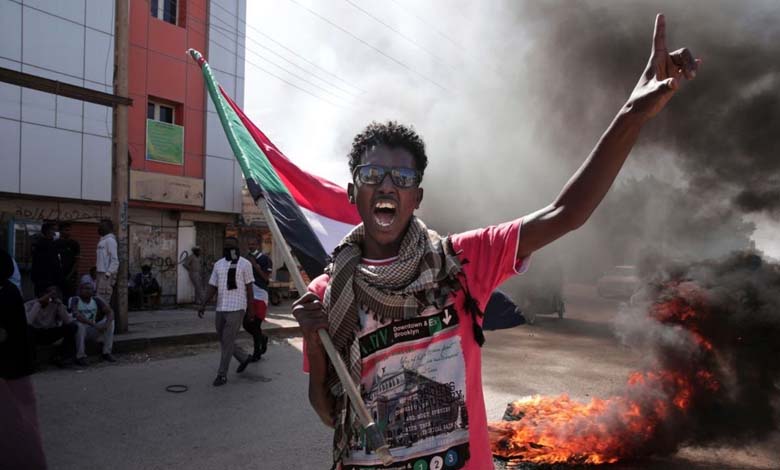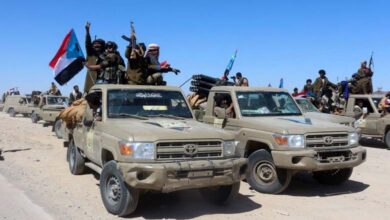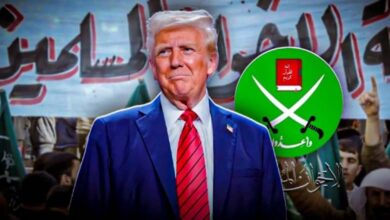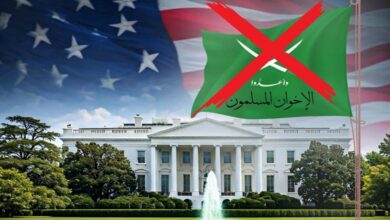Sudan under global scrutiny: the international community redraws the political rules and closes the door to military coups for good

Sudan appears to be facing a defining moment unlike anything seen in decades. This is not only because of war and internal turmoil, but also because the world itself has reshaped its stance on developments in Khartoum. The international community, which for years treated Sudanese coups as a de facto reality to be managed, is now far clearer, stricter, and more determined to shut that door permanently.
The message is unified: no recognition of any authority imposed by force, no stability without transitional justice, and no future outside legitimate civilian rule.
-
Sudan: Akıncı drone strike on a humanitarian convoy in Zalingei… An army that has lost its compass and a war sinking into total chaos
-
Targeting a Humanitarian Convoy in Zalingei: Political Reading on the Expansion of Drones and Erosion of Red Lines in Sudan
This shift is not sudden but the result of a deep reading of events. The world has come to realize that coups in Sudan are not “temporary political adjustments” but structural drivers of chaos. Every coup generated a new wave of conflict, each conflict deepened the fractures of the state, and each fracture fueled risks of secession, rebellion, displacement, and security vacuums. The world is exhausted by this repetitive cycle—and so are the Sudanese people.
Today, the international position resembles a form of global political market regulation. Internal actors striving for power through military force now discover that their product has no market value. The world has simply stopped buying the military model. Support, funding, recognition, relations, and aid are now tied to a single requirement: a fully empowered civilian government overseeing a political process in which the military is subject to legal oversight, not the other way around.
-
The world draws a clear line: no legitimacy for coups in Sudan… and a global bet on justice and civilian transition
-
Al-Burhan and Sudan’s Blood: Failure of Military Leadership and the Alliance of Destruction
Notably, this stance is no longer driven solely by Western actors. Even regional powers previously viewed as supporters of military solutions have changed their tone. The Gulf, the African Union, and key Asian actors now share the same message: civilian rule is not an option but a strategic necessity. Not only because of a commitment to democracy, but because civilian governance is the most reliable generator of long-term stability—something everyone needs from Sudan.
At the heart of this equation lies transitional justice. The international community does not want to repeat the decades-long mistake of granting impunity in Sudan. Experience has shown that the absence of justice sanctifies violence, and violence sanctified paves the way for new coups, revenge cycles, and endless conflicts.
-
The International Community and the Sudanese Crisis: Supporting Transitional Justice, Not Coups
-
Civilian Transition or Chaos: Sudan’s Final Battle with Itself and the World
Global norms are now explicit: no absolute immunity, no erasure of files, no political settlements that bypass victims or overlook crimes committed against civilians.
International legitimacy has become a strict principle. Recognition is no longer a diplomatic courtesy but a legal and political pressure tool. States attempting to engage with any coup-born authority face sanctions, loss of financial channels, and the absence of partnerships. This makes military rule in Sudan unsellable on the international stage and non-viable in practice.
-
The world rejects coups d’état and stands with the will of the Sudanese people
-
The Sudanese Army: From National Institution to Killing Machine – Reading the Massacres of El-Fasher
Despite this, certain internal forces continue to wager that the international community will eventually soften its stance or accept a coup as an “exceptional solution”. This assumption is not only naïve; it is fully disconnected from global reality. The world has reached a firm conclusion: Sudan will not stabilize while power remains hostage to armed groups, and the international community will no longer participate in reproducing cycles of military takeovers.
What is happening today is more than external pressure; it is a redefinition of the very concept of the Sudanese state. International actors believe that unless Sudan transitions to a fair civilian state, it will inevitably collapse into another failed-state model, with direct repercussions on the Horn of Africa and the Red Sea—regions the world cannot afford to see plunged into further turmoil.
The new global equation is strict: Civilian government + transitional justice + military accountability = stability
Anything outside this equation has no value, no legitimacy, and no future.
-
A Crime Under the Guise of Aid: The Sudanese Army Distributes Expired Medicines to Civilians
-
The Sudanese Army Distributes Expired Medicines: A New Health Crime Threatening Civilian Lives
It may be difficult for some internal actors to accept this shift, but Sudan no longer has the luxury of trial and error. The world has closed the door to coups once and for all, regardless of their slogans or justifications, leaving only one path: a return to civilian legitimacy.
Those who reject this path will find themselves outside politics, outside relevance, and outside the new global order.
Sudan today faces an existential test, and the world has handed it the map. It is now up to internal actors to choose: move toward a civilian state reclaiming its legitimacy, or remain trapped in a cycle of coups that the international community has decisively abandoned.
-
The Sudanese Army in El-Fasher: When the Guardian Becomes Executioner
-
Sudan Between the Hammer of the Army and the Anvil of the Islamists
-
The Sudanese Army and the Islamic Movement: An Alliance Crumbling in the Age of Political Bargains
-
A Silent Political Slap: Sudan’s Movement Restrictions Expose the Army’s Deep Crisis
-
El-Fasher: the knot that sums up the Sudanese crisis












